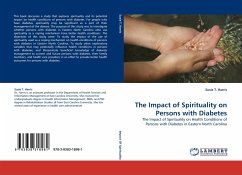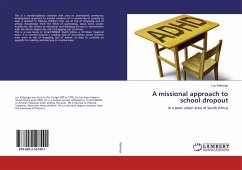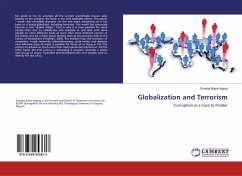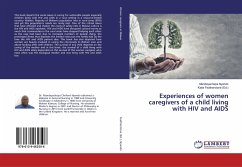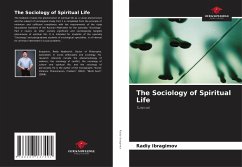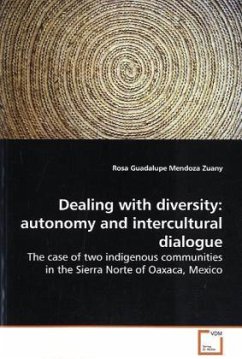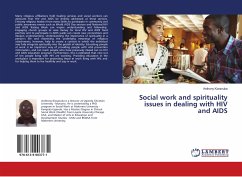
Social work and spirituality issues in dealing with HIV and AIDS
Versandkostenfrei!
Versandfertig in 6-10 Tagen
27,99 €
inkl. MwSt.

PAYBACK Punkte
14 °P sammeln!
Many religious affiliations hold healing services and social workers can advocate that HIV and AIDS be directly addressed at these services. Enticing religious leaders from many faiths to participate in community and public awareness events such as World AIDS Day services and National HIV and AIDS Testing Week can inspire understanding and fellowship. Engaging church groups to raise money for local HIV and AIDS food pantries and to participate in AIDS walks can create new connections and deepen understanding. Understanding the importance of spirituality in a person's life and examining the und...
Many religious affiliations hold healing services and social workers can advocate that HIV and AIDS be directly addressed at these services. Enticing religious leaders from many faiths to participate in community and public awareness events such as World AIDS Day services and National HIV and AIDS Testing Week can inspire understanding and fellowship. Engaging church groups to raise money for local HIV and AIDS food pantries and to participate in AIDS walks can create new connections and deepen understanding. Understanding the importance of spirituality in a person's life and examining the underlying meanings of religious attachments, however, help to create a context in which the individual may fully integrate spirituality into the gestalt of identity. Educating people at work is an important way of providing people with vital prevention information, and can reach people who have previously missed out on HIV and AIDS education program. Furthermore, this is estimated that nine out of ten people living with HIV are working. Providing education in the workplace is important for protecting those at work living with HIV, and for helping them to live healthily and stay in work.




